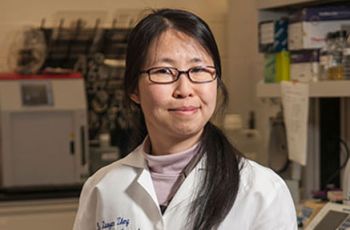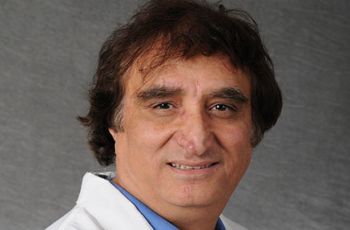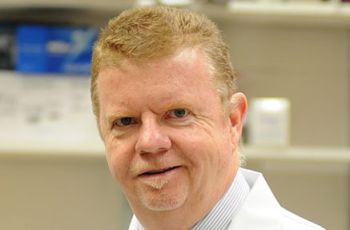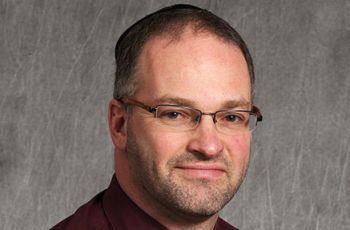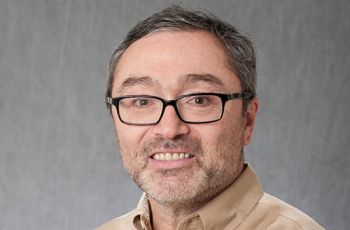Research Funding
Roberta DiBiasi, M.D., professor of pediatrics, spoke with PBS Newshour about cuts made by the federal government to medical research funding.
Xiaoyan Zheng, Ph.D., received a $747,000 grant to research Hedgehog signaling pathway regulation of cell-cell adhesion and segregation.
The Dr. Cyrus and Myrtle Katzen Cancer Research Center is offering a new, one-year postdoctoral fellowship to support innovative cancer research, thanks to a generous gift from the Albert L. Tucker and Elizabeth T. Tucker Foundation.
Deans at the George Washington University School of Medicine and Health Sciences, Georgetown University Medical Center and Howard University's College of Medicine write in The Washington Post's Capital Business that cuts to medical research could do long-term harm.
In an opinion editorial published by The Washington Post's Capital Business, Jeffrey S. Akman, M.D., dean of GW SMHS, and co-authors Howard J. Federoff, executive vice president and executive dean of the Georgetown University Medical Center, and Mark S. Johnson, dean of Howard University's College…
Imtiaz A. Khan, M.D., professor of microbiology, immunology, and tropical medicine at the George Washington University School of Medicine and Health Sciences, received a $1.6 million federal grant from the National Institute of Allergy and Infectious Diseases to study the effects of microsporidia—…
Paul Brindley, Ph.D., professor of microbiology, immunology, and tropical medicine at SMHS, was the recipient of a $1.7 million grant from the National Cancer Institute to study the behavior of a parasitic worm, rampant in Southeast Asia, known to cause infections that contribute to liver cancer.
In the United States, one in 10 men and one in 14 women have had a kidney stone. Unless the kidney stone is too large to pass on its own, the treatment prescribed is usually plenty of fluids and painkillers while letting it pass over a period of several days. Jeremy Brown, M.D., associate professor…
Today, patients with precancerous lesions, or early-stage breast cancer are usually diagnosed after a mammography screening. This method of detection can lead to false-positives and overtreatment, since mammography cannot determine whether pre-cancerous cells will actually turn into breast cancer.…
In 1980, men and women who were diagnosed with the human immunodeficiency virus (HIV) had little to no hope of living long, full lives. Thanks to advances in science and medicine, this is no longer the case.

